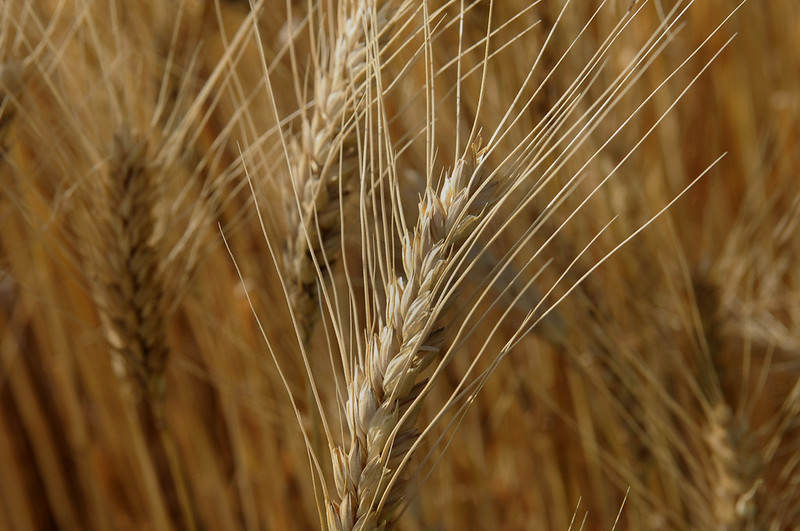
Kansas State University has just unveiled its new Wheat Variety Disease and Insect Ratings 2020 publication
Ratings are a tool to help with wheat variety selection
MANHATTAN, Kan. — One of the most important decisions wheat growers make each year is deciding what varieties to plant. Some have greater resistance to certain diseases than others. Some yield well despite pressure from some pests and diseases. So gathering information about how different varieties have performed under widely varying conditions across Kansas can be helpful in those decisions.
To that end, the Wheat Variety Disease and Insect Ratings 2020 publication is now available online. The ratings are a compilation of varieties grown across the state in the most recent growing season with information about how they performed in multiple field and greenhouse tests by public and private researchers.
“These are the most up-to-date ratings for how varieties stand up to disease pressure we have here in Kansas,” said Kelsey Andersen Onofre, K-State Research and Extension plant pathologist and an author of the ratings guide.
“Fortunately, we did not see widespread losses to any one major disease this season, as we have in years past,” Onofre said, adding that pockets of severe diseases such as stripe rust or wheat streak mosaic virus were apparent with some yield loss, but that much of Kansas was spared.
“We shouldn’t let our guard down,” Onofre said, however, despite the relative lack of significant wheat disease in the 2019-20 crop.
We have included a table that lists varieties that perform well against the most common diseases found in either eastern or western Kansas, but you’ll still want to take a look at the full set of disease ratings for any one variety once you have narrowed down your list,” Onofre said, noting that it is particularly important to pay attention to ratings for diseases that may have been problematic on your farm in years past.
She noted that the new disease and insect ratings are complementary to data in the Winter Wheat Performance Tests. Together, they offer growers across the state valuable information when choosing varieties to plant this fall.
